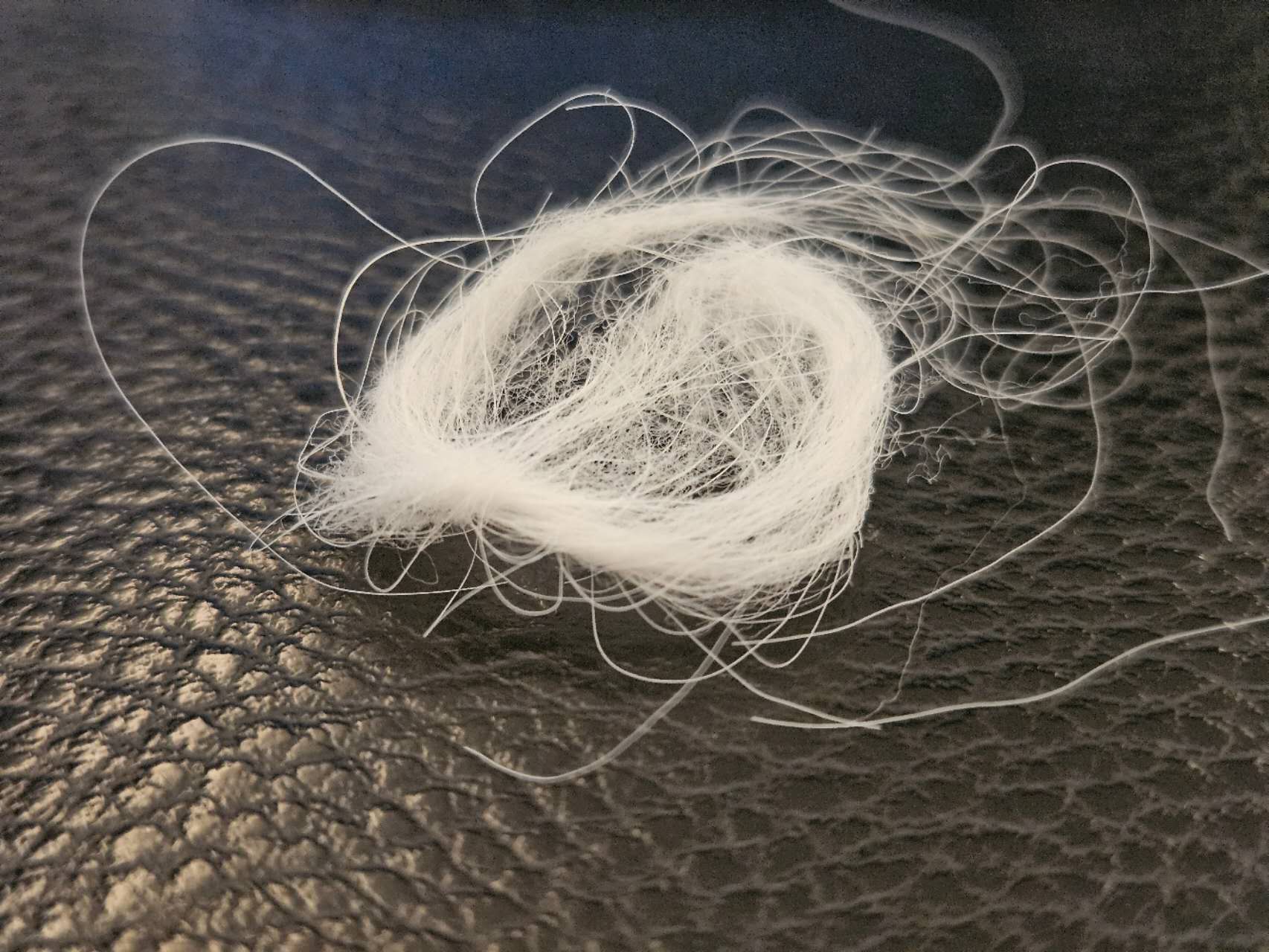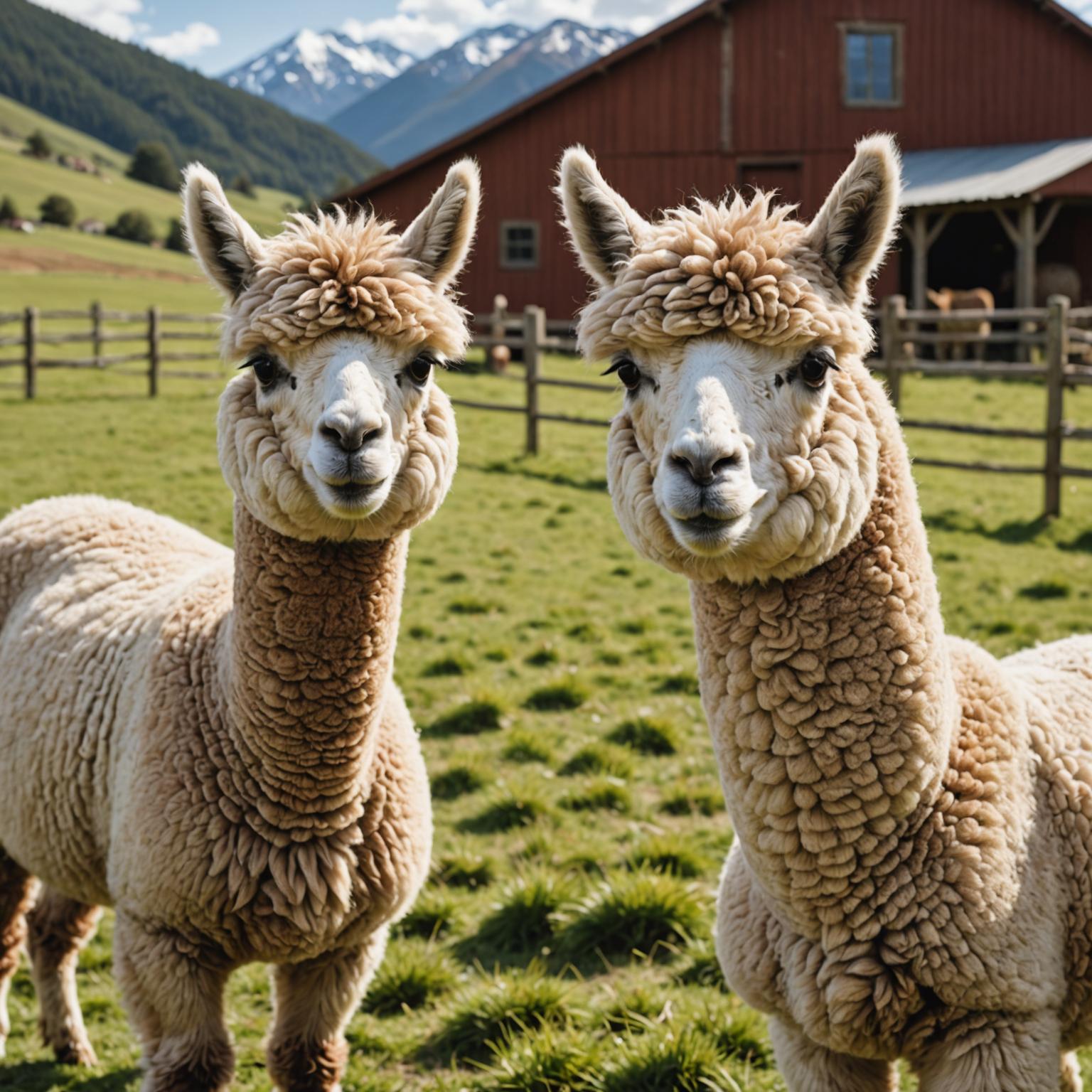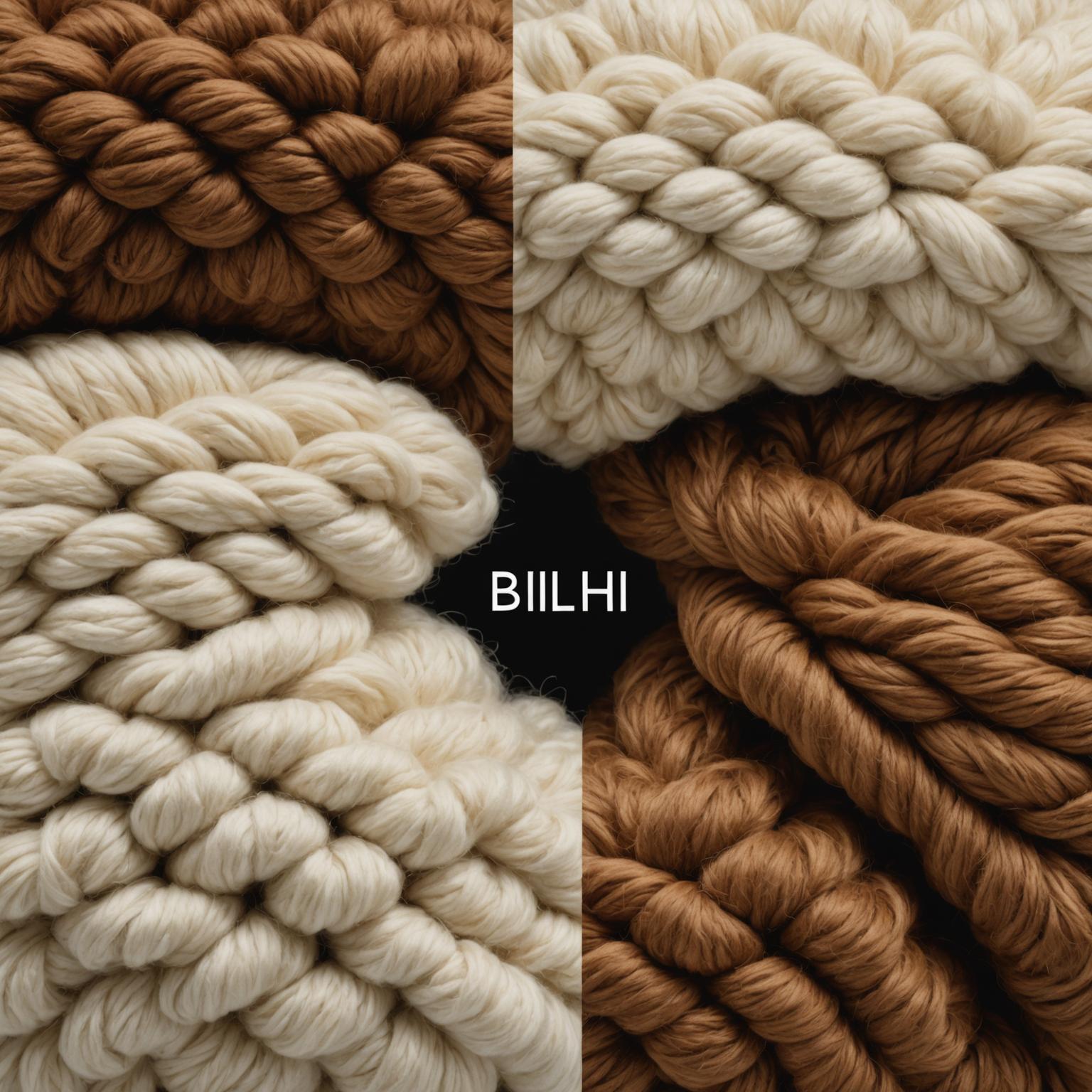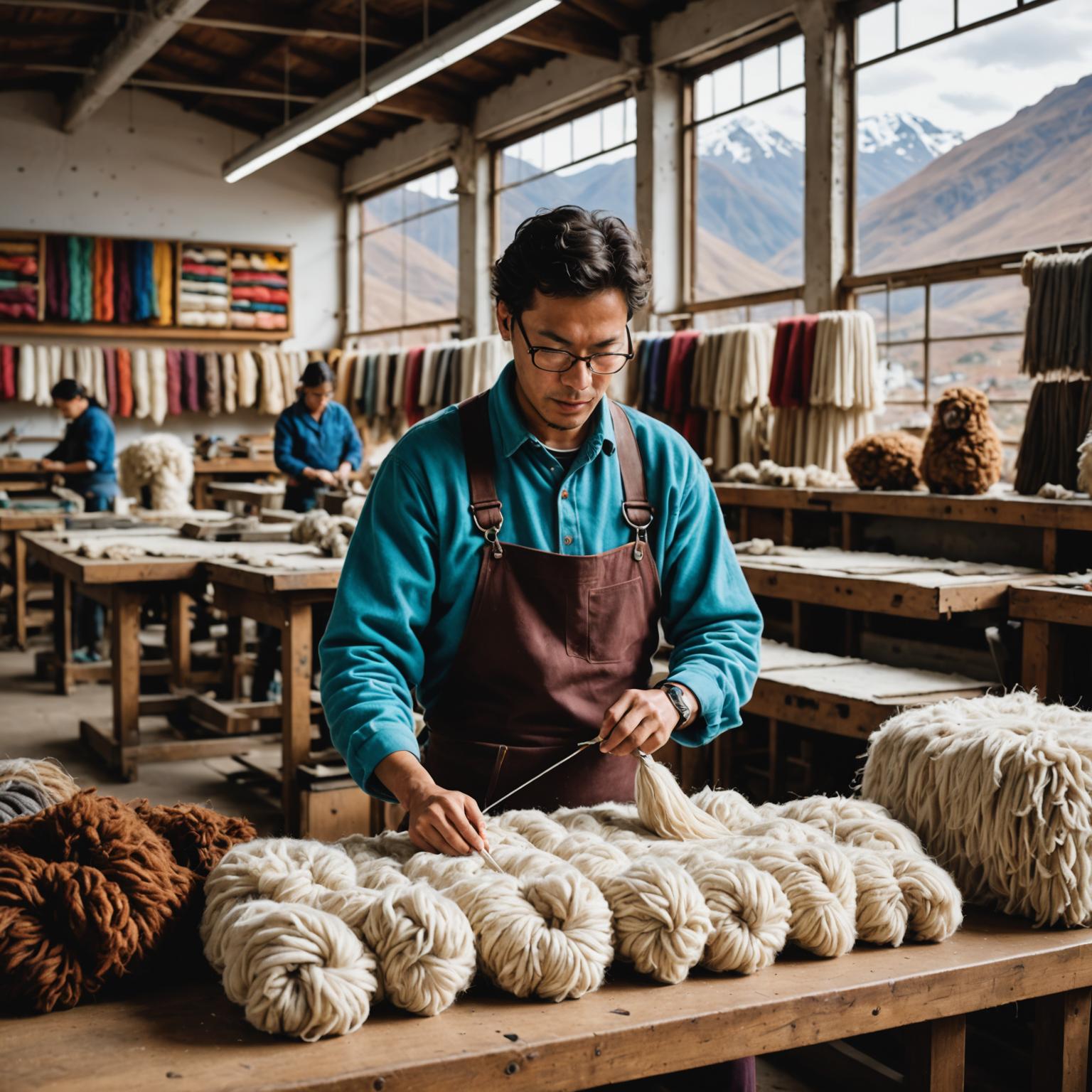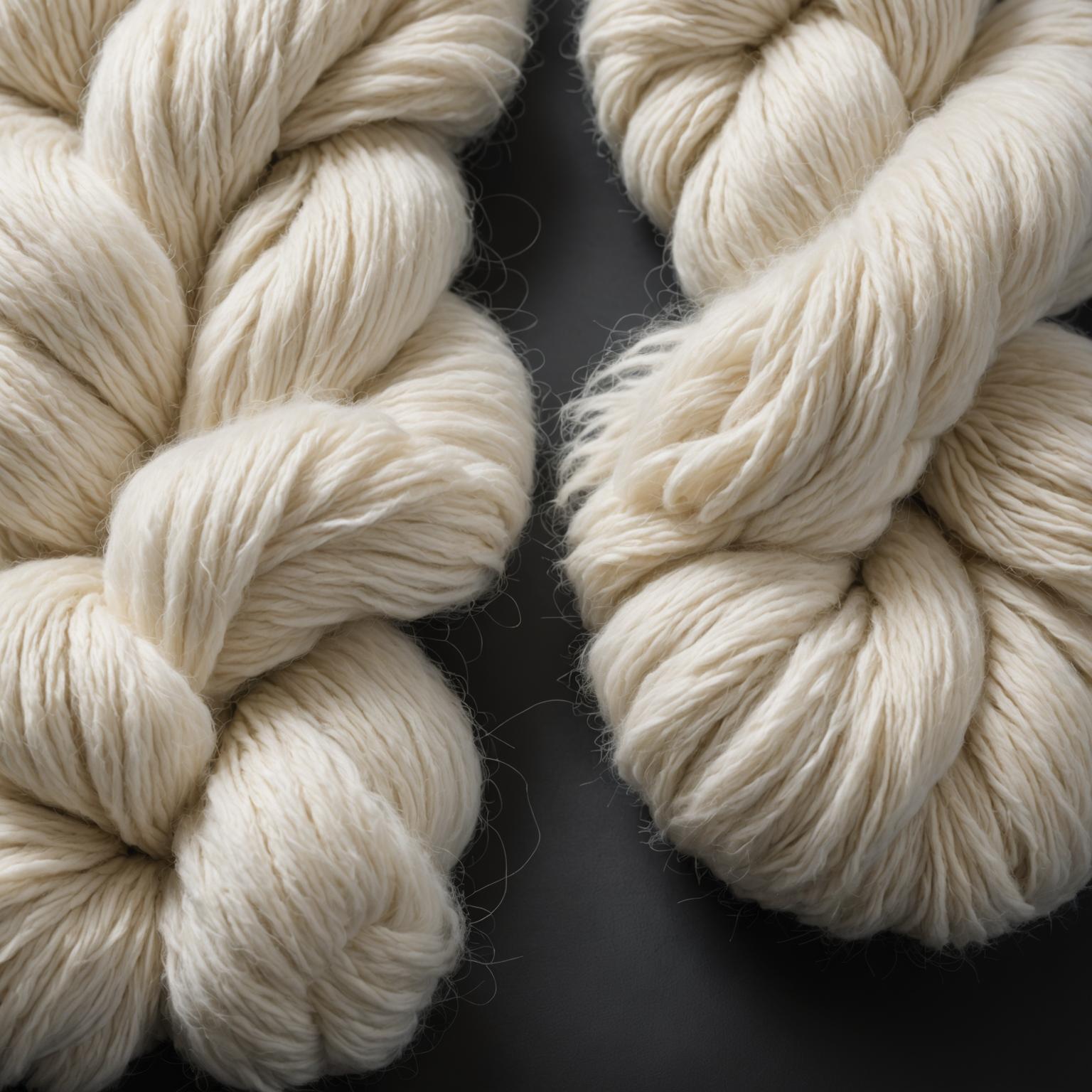
Exploring Fascinating Fibers: A Look at Nylon and Alpaca
The textile industry offers a vast array of materials, each with unique characteristics that make them suitable for different applications. From synthetic marvels engineered for specific performance to natural wonders cherished for centuries, understanding fibers is key to appreciating our clothing and home goods. This article delves into two distinct yet popular choices: the versatile nylon fiber and the luxurious alpaca fiber, exploring their properties and benefits.
The Versatility of Nylon Fiber
Nylon, a synthetic polymer, was a groundbreaking invention that revolutionized many industries, especially textiles. Known for its exceptional strength, elasticity, and abrasion resistance, nylon fiber quickly became a go-to material for items requiring durability and resilience. Think of hosiery, activewear, luggage, and even industrial applications like ropes and parachutes. Its ability to hold its shape, resist mildew, and dry quickly adds to its practicality. While traditional nylon production has environmental considerations, advancements are being made towards more sustainable manufacturing processes. The consistent performance of nylon fiber makes it a reliable choice for countless products.
The Natural Luxury of Alpaca Fiber
Originating from the high Andes mountains of South America, alpaca fiber is a natural protein fiber renowned for its softness, luster, and warmth. Unlike sheep's wool, it is lanolin-free, making it hypoallergenic and a preferred choice for those with sensitive skin. The inherent qualities of alpaca fiber make it a luxurious material for high-end garments like sweaters, scarves, and blankets. Its thermal properties are exceptional, providing warmth without excessive weight.
Types of Alpaca Fiber and Its Unique Properties
There are primarily two breeds of alpaca, Huacaya and Suri, which produce different types of alpaca fiber. Huacaya fiber is dense, crimpy, and has a fluffy appearance, often compared to a teddy bear's fur. Suri fiber, on the other hand, is silky, lustrous, and hangs in long, pencil-like locks. Regardless of the type, alpaca fiber properties are consistently impressive. It is remarkably strong and durable, more so than many other natural fibers. Its water-resistant nature means it wicks moisture away from the skin, contributing to its comfort. The range of natural colors available, from whites and fawns to browns and blacks, also reduces the need for dyeing, adding to its eco-friendly appeal. Understanding the different types of alpaca fiber can help in selecting the perfect material for specific needs.
Highlighting Alpaca Fiber Benefits
The alpaca fiber benefits are numerous, extending beyond its luxurious feel. One of the most significant advantages is its eco-friendliness. Alpacas themselves have a relatively low environmental impact compared to other livestock; they are gentle grazers and require less water. The fiber processing also tends to be less chemically intensive. Another key benefit is its breathability, which allows for comfortable wear in various climates. Moreover, alpaca fiber is naturally flame-resistant. These alpaca fiber benefits, combined with its softness and hypoallergenic nature, make it a premium choice for conscious consumers seeking quality and sustainability. The longevity of products made from alpaca fiber also means less frequent replacement, contributing to reduced textile waste.
Nylon vs Alpaca: Making an Informed Choice
When considering nylon vs alpaca, it's essential to recognize they serve different purposes and cater to different needs. Nylon fiber is a workhorse synthetic, valued for its toughness, elasticity, and affordability. It excels in applications requiring high durability and low maintenance, such as outdoor gear or everyday hosiery. Alpaca fiber, in contrast, is a luxury natural fiber prized for its softness, warmth, hypoallergenic properties, and sustainability. It's ideal for garments and accessories where comfort, elegance, and eco-consciousness are paramount. The discussion of nylon vs alpaca often comes down to performance versus natural luxury. While nylon offers specific functional advantages, the unique alpaca fiber properties, like its thermal regulation and gentle feel, are hard to replicate synthetically. The choice between nylon vs alpaca truly depends on the end-use and personal priorities.



